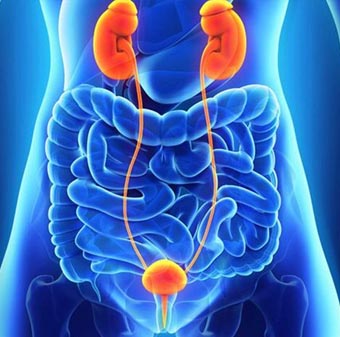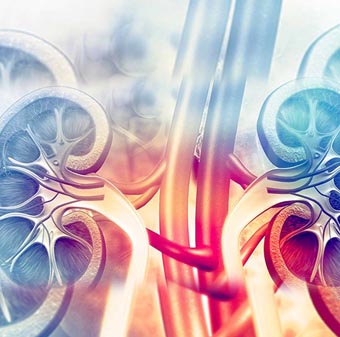

Uro-oncology, or urological oncology, is a cancer discipline that deals with cancer of the male and female urinary tracts, as well as, the male reproductive organs. Urological oncology is concerned with the diagnosis, staging, and treatment of urological cancers that affect the urinary bladder, kidney, prostate, penis, and testicles.
A urological oncologist is a qualified and trained surgeon who provides urology cancer treatment. When a patient has urological cancer, then generally surgery is the first treatment suggested. This is particularly true during the early stages of cancer. As cancer progresses, surgery is used along with other techniques like chemotherapy, radiotherapy, and immunotherapy.
Common Types
Prostate Cancer:Prostate cancer accounts for 14.1% of male malignancies and contributes to 6.8% of cancer-related deaths (holding the fifth position) and primarily targets men aged 45 to 60. This malignancy serves as the leading cancer mortality in Western countries, manifesting either in localized or advanced forms.
Bladder Cancer: Bladder cancer (BCa) is the most prevalent urinary tract malignancy, representing about 3% of new cancer cases and 2.1% of cancer deaths affecting male and female populations.
Kidney Cancer: Renal cell carcinoma (RCC), commonly referred to as kidney cancer, exhibits a higher prevalence in the male population. It is characterized by aggressive histology, larger tumor size, elevated grade and stage, and an unfavorable prognosis. The incidence rates for this condition stand at 5% among men and 3% among women.
Testicular Cancer (Tca) and Penile Cancer (PeC): These are relatively rare, each accounting for 0.4% and 0.2%, respectively, of all cancers in men. These cancers are responsible for approximately 0.1% of cancer-related mortality in men.
